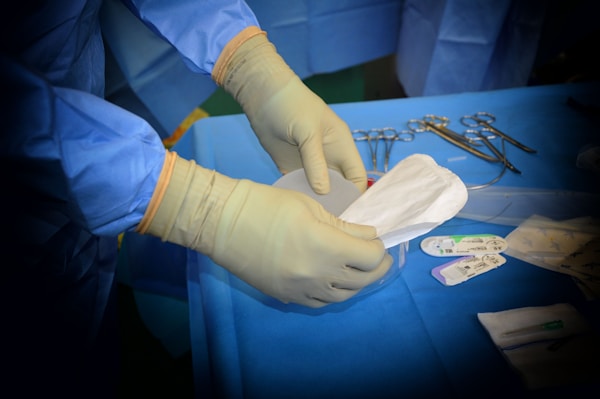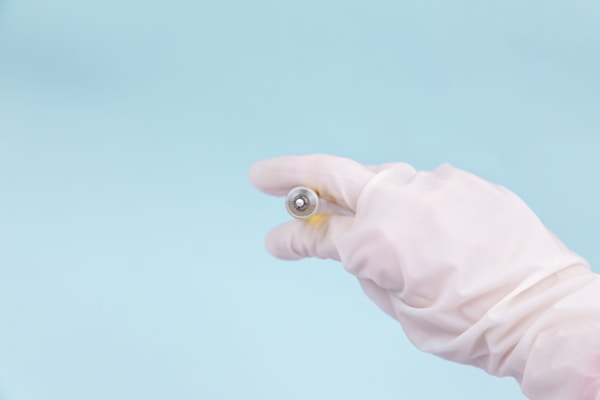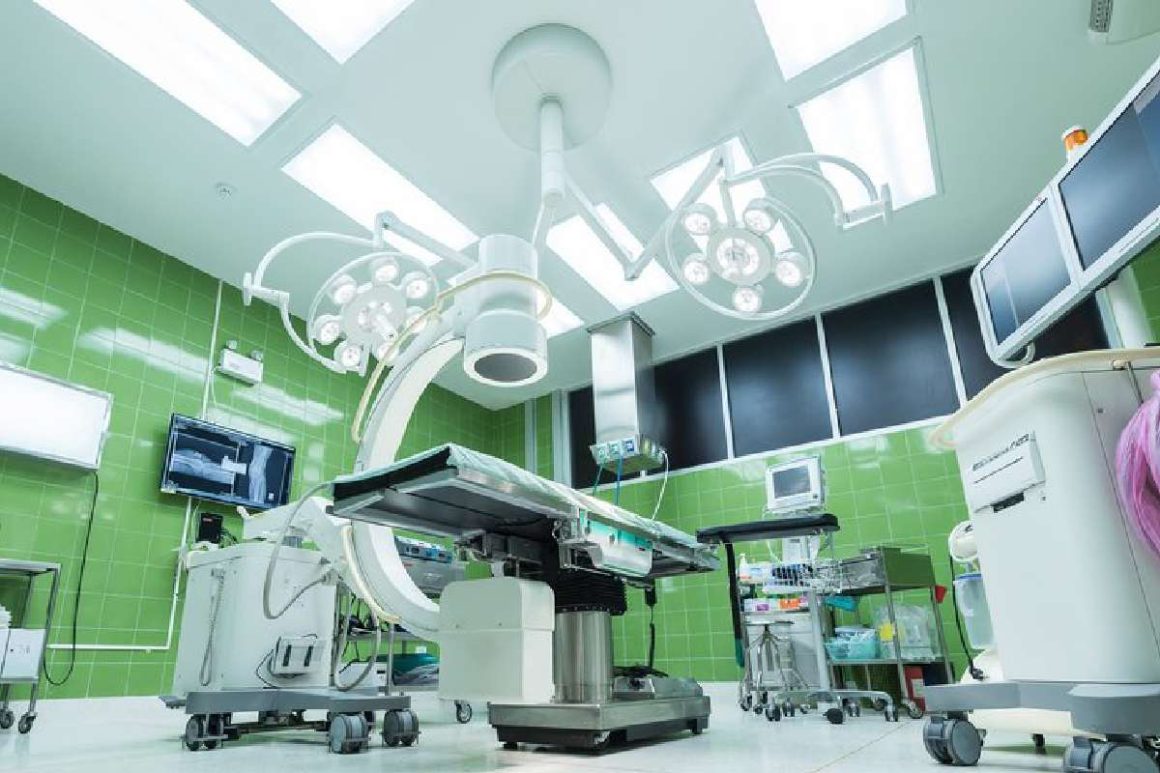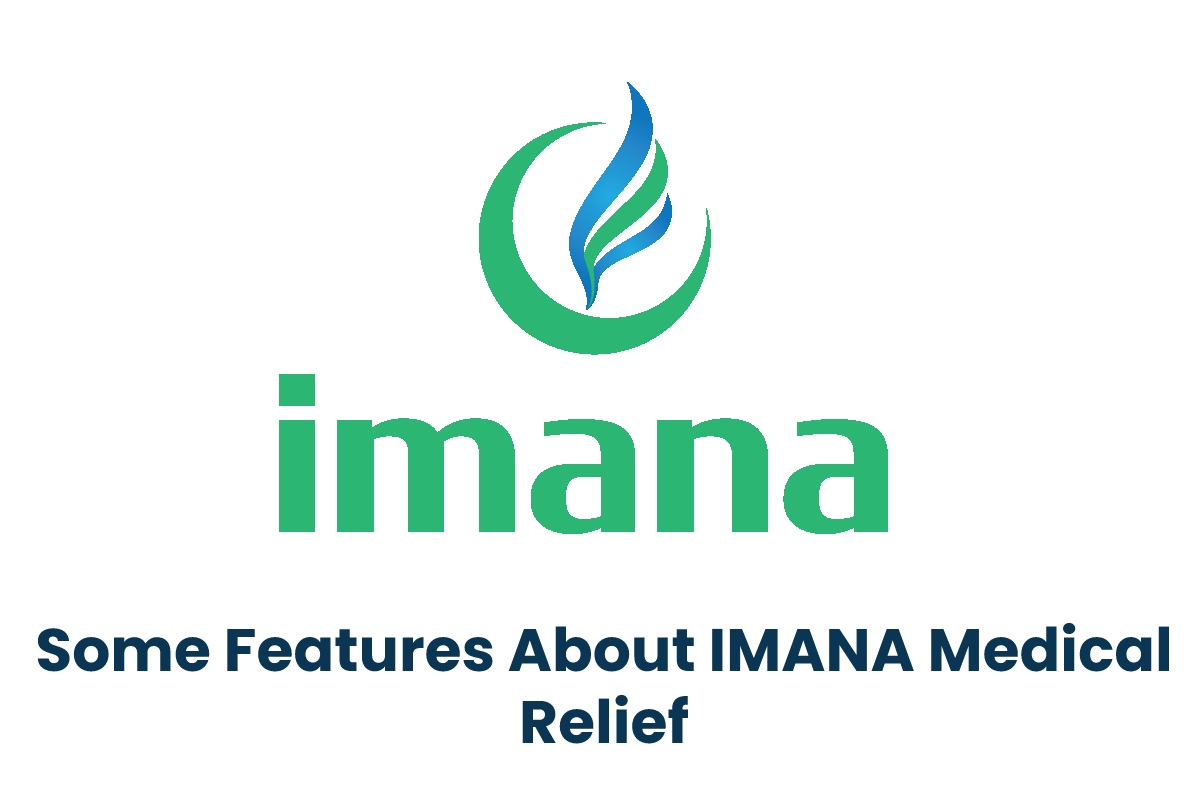Infection in Hospitals
The spread of infections in hospitals is an unfortunately common occurrence, and is particularly concerning due to the fact that the patients in the hospital are often already in a weakened state, making them particularly vulnerable to the spread of infections.
When a patient is admitted to the hospital, they may already have a weakened immune system due to an existing illness, or simply due to the fact that they are in a hospital, surrounded by other ill patients. This makes them particularly susceptible to the spread of infections, which can be potentially life-threatening.
Fortunately, there are a few simple steps that can be taken to optimize hospital infection prevention:
Table of Contents
Wash Your Hands

The importance of washing our hands in order to prevent the spread of infection cannot be overstated. Hand-washing is one of the most important steps we can take to protect ourselves and others from the spread of infectious diseases. By regularly and thoroughly washing our hands, we can reduce the risk of spreading germs and infections to ourselves and others.
Wear Gloves
Gloves are one of the most essential pieces of equipment for healthcare providers, and their importance cannot be overstated. Not only do gloves protect both the patient and the healthcare worker from potentially hazardous materials, such as blood or urine, but they can also be an important part of infection control. Wearing gloves when interacting with patients is one of the most effective ways to prevent the spread of infectious diseases.
Wear Masks
The Centers for Disease Control and Prevention (CDC) recommends that healthcare providers wear a disposable face mask when entering a patient’s room. This is especially important when dealing with patients who have a contagious illness such as influenza, measles, or tuberculosis. By wearing a mask, the healthcare provider reduces the risk of spreading illness to the patient, other people in the room, and themselves.
Dispose of Waste Properly

Medical waste, such as sharps and dressings, are an essential component of any health care facility. Sharps are objects that can potentially puncture, cut, or scratch skin, such as needles, syringes, scalpels, and lancets. Dressings are materials used to cover wounds, such as bandages and gauze. These items must be disposed of in a safe, secure, and proper manner. Sharps must be placed in puncture-proof containers and disposed of as hazardous waste. Dressings should also be placed in a secure container and disposed of in accordance with local regulations.
Monitor Patients Closely
Infections, whether bacterial, viral, or fungal, can pose a serious risk to the health of a patient. This is why it is essential that healthcare professionals are vigilant in monitoring patients for any signs or symptoms of infection. By recognizing and addressing signs of infection quickly, healthcare providers can minimize the risk of further complications and even death. The most effective methods of monitoring include physical examinations, laboratory tests, and even diagnostic imaging. By utilizing these methods, healthcare professionals can quickly identify any signs or symptoms of infection.
Educate Staff
Infection in Hospitals – Infection control and prevention is an essential part of healthcare and is a priority for all healthcare facilities. This is because infections can spread quickly, leading to serious health complications and even death. Healthcare facilities have an obligation to protect their patients, staff, and the community from the spread of infectious diseases. The best way to prevent the spread of infectious diseases is to practice proper infection control and prevention techniques. Education is an important part of infection control and prevention. Healthcare staff should be educated on the proper techniques for preventing and controlling infections.
By following these simple steps, the spread of infection in hospitals can be greatly reduced. While no system is perfect, these steps can help to reduce the risk of infection and keep patients safe.


